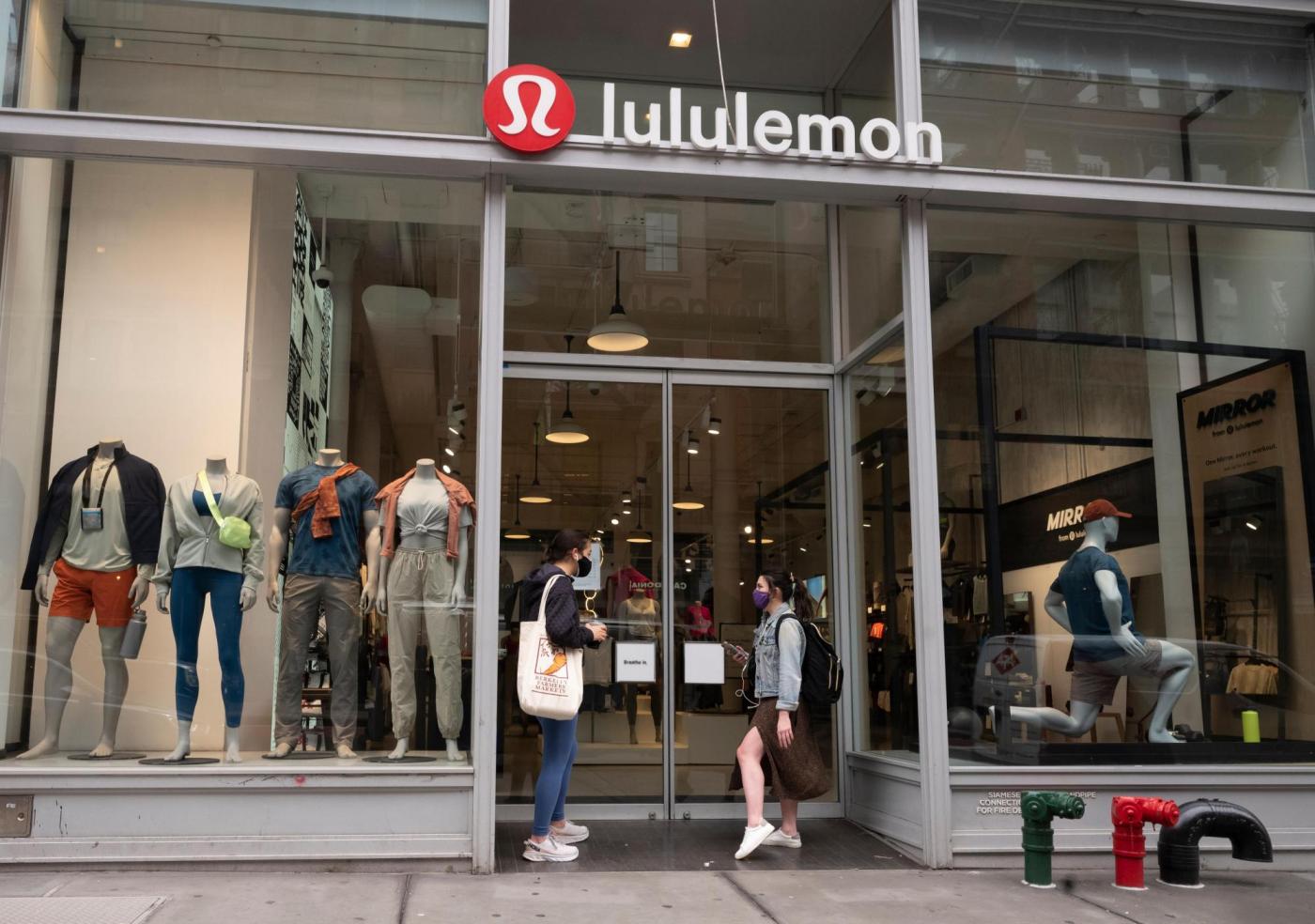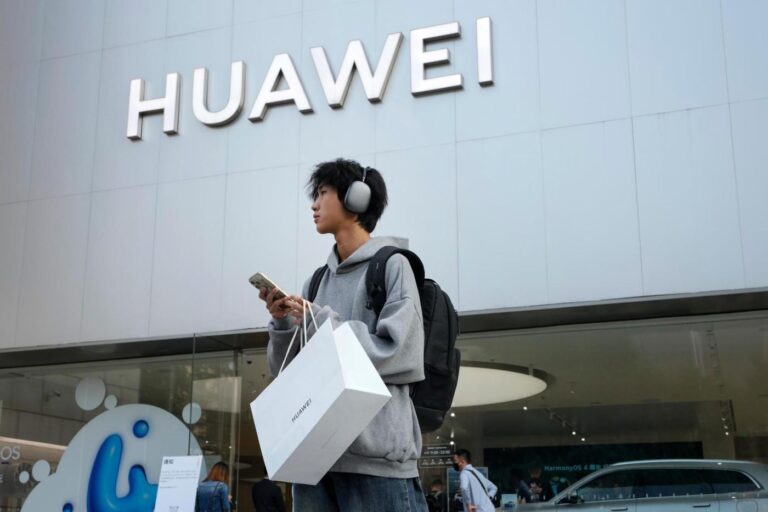By WYATTE GRANTHAM-PHILIPS and ANNE D’INNOCENZIO, AP Business Writers
NEW YORK (AP) — The growing phenomenon of fashion “dupes” has taken center stage once again as Lululemon filed a lawsuit against Costco, accusing the wholesale giant of selling lower-priced imitations of its popular athleisure apparel. The lawsuit, filed on Friday, underscores a broader trend in the retail industry where less expensive versions of high-end clothing are proliferating, often leading to legal disputes.
Fashion dupes, which mimic the style of luxury brands without directly copying logos or trademarks, have become increasingly popular, fueled by social media influencers who guide their followers to these budget-friendly alternatives. This trend is not new, but its reach has expanded significantly with platforms like TikTok promoting hashtags such as “LululemonDupes.”
The Rise of Dupes in Fashion
Across the retail landscape, the concept of offering cheaper alternatives to high-end products is well established. Retailers have long introduced house or generic brands that resemble more expensive counterparts. However, the current craze for fashion dupes highlights a shift in consumer behavior, where many shoppers desire the aesthetic of luxury without the accompanying price tag.
For instance, Target offers a version of Hermès’ $1,000 fuzzy slippers for just $15, and online retailer Quince sells a $99 version of Bottega Veneta’s $2,800 hobo bag. These examples illustrate how widespread the dupe culture has become, appealing to consumers who want style over brand prestige.
Lululemon’s Legal Battle with Costco
In its lawsuit, Lululemon accuses Costco of “unlawfully trading” on its reputation by selling duplicates of several products, including the popular Scuba hoodies and Define jackets. The lawsuit specifically mentions a product called the Hi-Tec Men’s Scuba Full Zip, priced at $19.97 on Costco’s website, as an example of these alleged dupes.
According to Alexandra Roberts, a professor of law and media at Northeastern University, the legal landscape surrounding dupes is complex. While the term “dupe” itself does not inherently imply illegality, issues of copyright and trademark infringement can arise, particularly if false claims are made about the products.
“With fashion, in particular, we’re going to get into some thorny questions,” Roberts said. “That includes what intellectual property rights exist and how enforceable they are.”
Lululemon’s lawsuit also claims that Costco may create consumer confusion by using manufacturers of popular branded products for its private label Kirkland brand, although the products in question were not sold under the Kirkland name.
Historical Context and Industry Reactions
The phenomenon of dupes is not confined to Lululemon. In a notable case last year, Walmart created a stir by selling a leather bag that resembled Hermès’ iconic Birkin bag for just $78. This “wirkin” bag, as influencers dubbed it, was a fraction of the Birkin’s price, which can reach hundreds of thousands of dollars in resale markets.
Such instances often provoke strong reactions from the original brands. Hermès Executive Chairman Axel Dumas expressed his frustration over the “wirkin” bag, describing the imitation as “quite detestable,” though he acknowledged it was “touching” to see the style’s popularity.
Legal challenges in the fashion industry have had mixed results. In December, Benefit lost a lawsuit against E.l.f. Cosmetics over a mascara product, with the court ruling in favor of E.l.f., highlighting the difficulty of enforcing intellectual property rights in cases involving dupes.
Implications and Future Outlook
The lawsuit against Costco is not Lululemon’s first encounter with alleged knockoffs. In 2021, the company sued Peloton over similar claims, though the case eventually led to a partnership between the two companies. This history suggests that while legal battles over dupes can be contentious, they sometimes result in collaborative resolutions.
As the popularity of dupes continues to rise, companies may need to adapt their strategies, balancing brand protection with the realities of a market that increasingly values affordability over exclusivity. The outcome of Lululemon’s lawsuit against Costco could set a precedent for how similar cases are handled in the future.
Costco has not yet commented on the lawsuit, and the case’s progression will be closely watched by industry observers and legal experts alike.

























